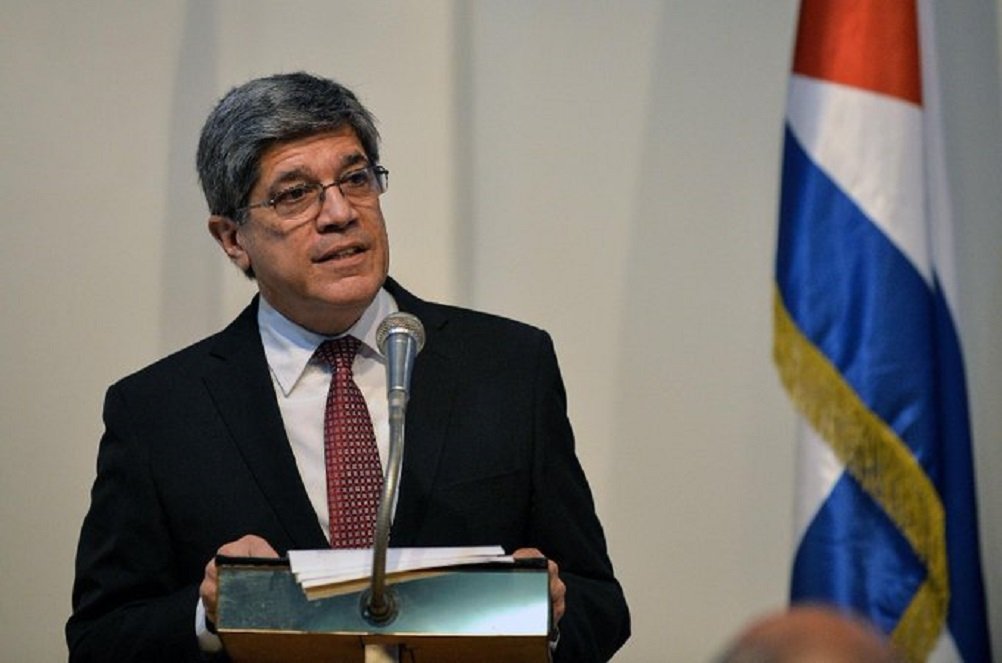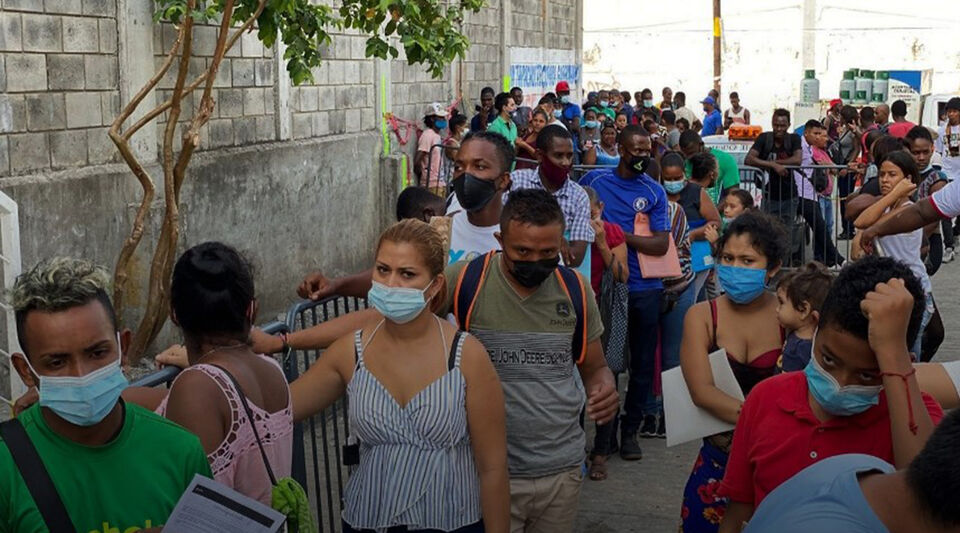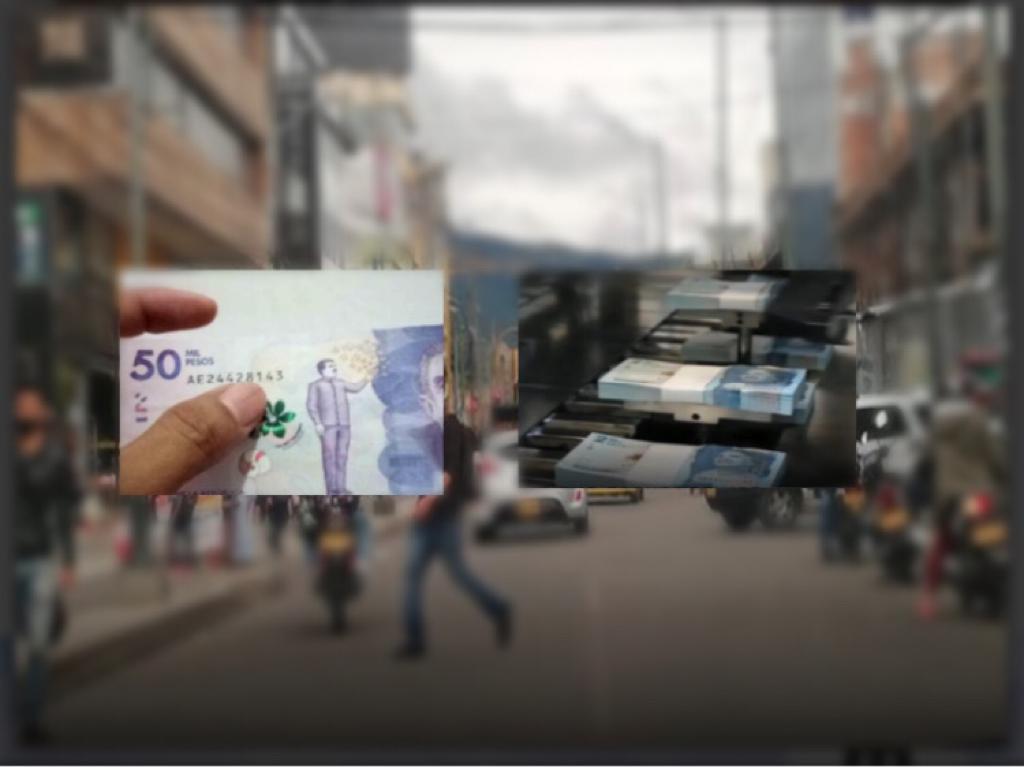Cuba would not oppose any initiative to relax the economic and financial sanctions imposed by the United States government, even if it only means benefits for the emerging private sector on the island.
“If exceptions to the blockade are introduced with the dream of ending the Revolution, we are not going to oppose it,” said Carlos Fernández de Cossío, vice head of the Ministry of Foreign Affairs (Minrex)during his intervention in an academic forum dedicated to analyzing the state of the relations between Cuba and the United States in the current international context.
The diplomat acknowledged that these steps would be aimed at “subverting the country’s political system” and described the idea as a “major mistake.”
The drive for greater support for private Cuban entrepreneurs is among the measures announced last May by the administration of Democrat Joe Biden, something that the Cuban government describes as “a political weapon.”
Fernández de Cossío explained that the purposes are not focused on contributing to the economic development of the country, nor on improving the living conditions of a broad sector of the population.
“If this allows for greater prosperity in any sector of the economy, we are not going to put up obstacles. If they manage to conceive exceptions that benefit some and continue to punish others, we are not going to try to prevent it either, ”he said.
Regarding the current scenario of relations between Cuba and the United States, the Cuban vice foreign minister affirmed that “there have been no perceptible changes”, although he recognized that during 2022 important steps were taken, and that these were not unilateral.
He mentioned the exchanges on migration issues held in May in Washington, and then in Havana last November, since it is a phenomenon that “affects both countries.”
In turn, he recalled that this type of meeting had not been held since July 2018, and that during all that time the United States did not honor the agreements signed by both countries.
He also valued the talks as “constructive”, since they served “to verify the validity of the agreements, reiterate the mutual political commitment, identify areas that require more attention, and analyze issues that are not included in the agreements, but have a great influence on the agreements”.
Fernández de Cossío confirmed that at the end of the most recent fiscal year the US government complied with the delivery of at least 20,000 visas, something that had not happened since 2017, and considered as positive the announcement that as of next January the embassy of the United States in Havana would resume all consular services interrupted by the government of Donald Trump.
The diplomat valued other exchanges held during this year, including that of experts on false documentation, and that of specialists from the Ministry of the Interior’s Guard Troops (Minint) and the United States Coast Guard Service, which maintains the repatriation to the island of persons intercepted at sea.
The Cuban diplomat also referred to other dialogues held on confronting oil spills at sea, in the area of health, and announced that others related to environmental protection are being prepared.
“There has been a greater degree of dialogue between the Minrex and the State Department and other agencies. They are mutual steps of a certain importance that cannot be ignored, “he assured.
in the opposite direction
Fernández de Cossío also emphasized issues in which the relationship between the two countries has not been able to advance. He mentioned among them the inclusion of Cuba in a list of nations in which there is concern for religious freedom, accusations that, according to him, were made “without foundation and with dishonest arguments.”
He also referred to other steps announced “with much fanfare” and without the commitment to dismantle the sanctions imposed by the Trump administration, such as making remittances to Cuba more flexible.
“There is still no regular flow of remittances… and if there is in the near future, it is due to steps that Cuba has taken and not decisions made by the United States,” he said.
The vice minister also considered the objective of the United States to promote Internet connectivity in Cuba to be inconsistent, “because it is the decision of that government that many private commercial sites in its country are prohibited in Cuba,” he said.
To illustrate this contradiction, he also referred to the recent negative recommendation of the Federal Communications Commission (FCC) for the installation of the first submarine telecommunications cable that would connect the United States and Cuba.
As a measure taken in the right direction, he exposed the reopening of flights from the United States to several Cuban provinces and the promised facilities for group trips for US citizens, which have worked well so far.
“They are a contrast with the last two years of the Trump government and with the year 2021, and it is part of what describes the bilateral relationship,” he said.
However, the diplomat described the current Democratic administration as the one that “has applied the blockade most aggressively and effectively” against Cuba, adding that these sanctions “continue to be the central and defining factor of the bilateral relationship between Cuba and the United States.” ».






